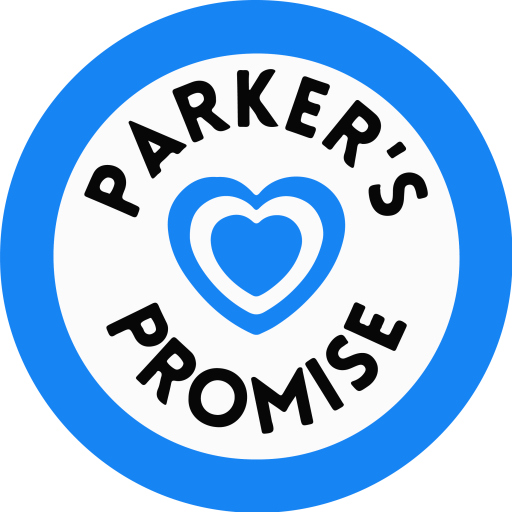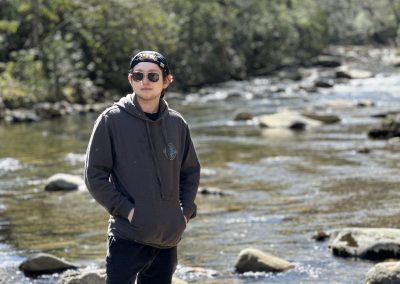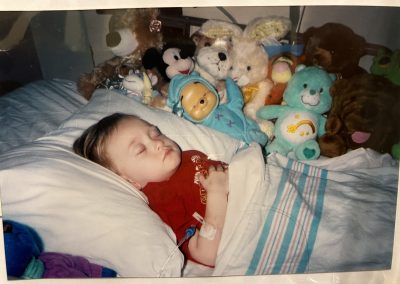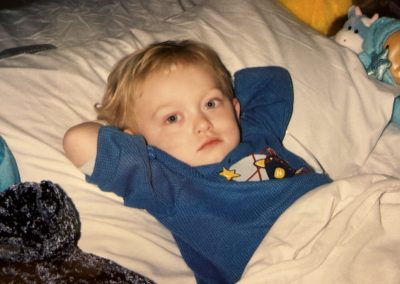Nicholas’ Story
Age 2 (currently age 21)
Location : Titusville, FL
(lived and was hospitalized in Orlando at that time)
Source: Petting zoo
Infection: Shiga toxin-producing E.coli (STEC)
Disease: Hemolytic Uremic Syndrome (HUS)
Days hospitalized: 36 days
Days of Dialysis: 25
Kidney Transplant: June 2018
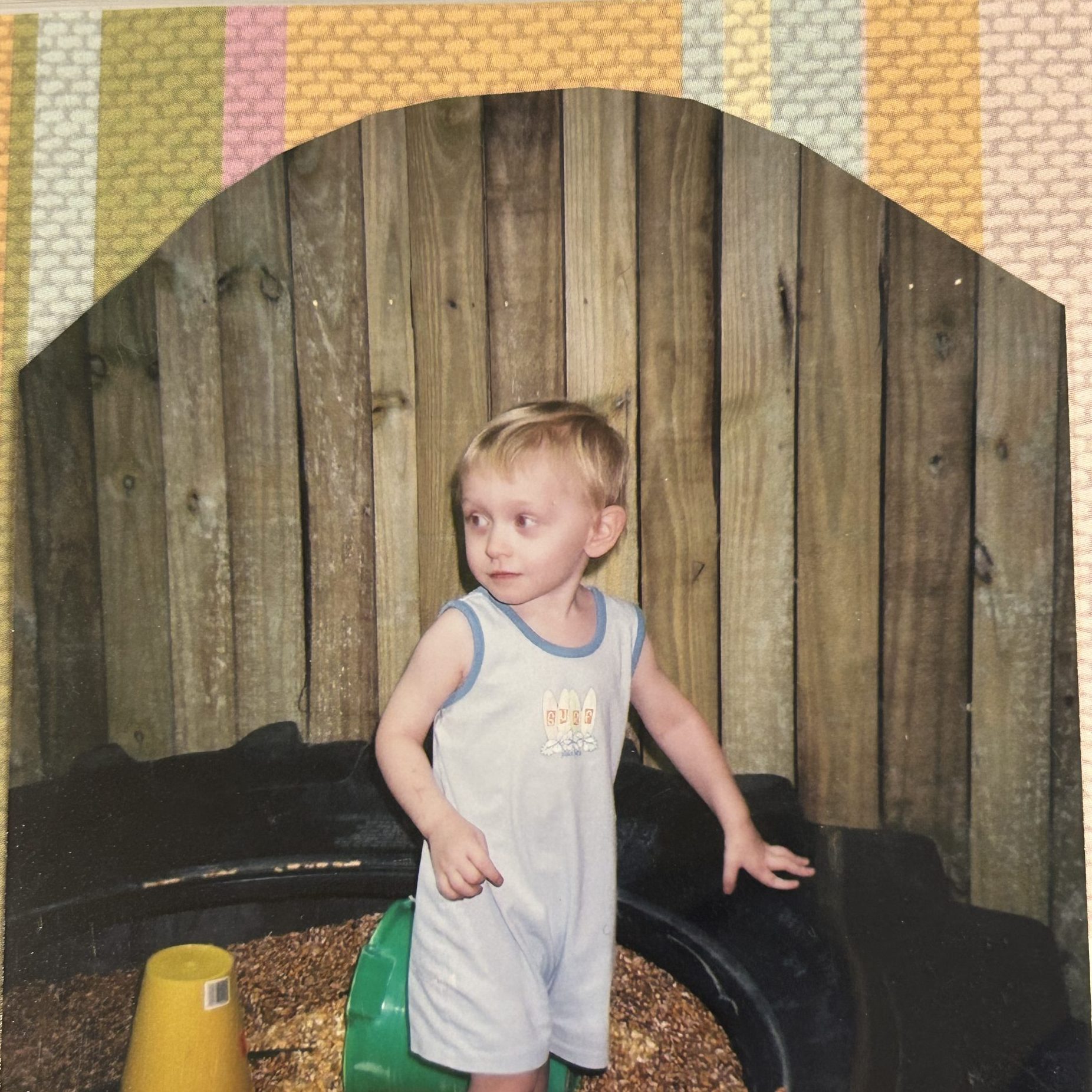
Nicholas lived with his mother at the time he was diagnosed with E.coli/HUS, so I don’t have firsthand
experience of some of the initial period. On Saturday, March 12, 2005, she had taken two year old
Nicholas to the Central Florida Fair and visited the Ag-Venture Petting Zoo at the fair.
On Wednesday night, March 16 th , she called to tell me he was sick and had a fever and bloody diarrhea.
I advised her to call his pediatrician in the morning if he was still sick. She called me Thursday afternoon
to tell me that she was taking him to the emergency room at the Winter Park location of Florida
Hospital. On Friday, she told me that he was still in E.R. and no improvement and they didn’t have any
rooms available on the pediatric floor. We were told that he had Rotavirus. He had been on a saline
drip which had no effect. Saturday morning I went to the hospital to visit him (still in E.R.) and he was
pale and listless but not running a fever. I left in the afternoon and shortly after my daughter advised
me that they were preparing a room for him. He was moved to pediatrics around 7:00 p.m. Saturday.
At that time, they discovered that he was in renal failure. After consulting several physicians, they decide
to transfer him to the nearby main Florida Hospital location in Orlando. The transfer took place around
midnight.
On Sunday March 20th , Nicholas developed anemia and thrombocytopenia (abnormally low platelets),
increase in his creatinine and BUN which the neurologist determined was suggestive of Hemolytic
Uremic Syndrome. He had a peritoneal dialysis catheter placed surgically on Monday, March 21 st . They
also made the determination on Monday that he had E.coli (although he never tested positive) and HUS.
He was also placed in a medically induced coma to try to help flush toxins out of his system. After a
couple days, he was placed on Hemodialysis because peritoneal was not working sufficiently. He was
listed as being in critical condition and the nephrologist would repeatedly tell us that his goal was to
make sure that he left the hospital alive. I think at the time, we were still very much in a state of shock
and disbelief. I remember visiting every night after work and crying on my ride home afterward.
At the end of the first week, they attempted to awaken Nicholas from his coma but were unsuccessful.
Testing showed little brain activity so he remained in the medically induced coma. After 10 days (total),
they attempted a second time to bring him out of the coma and they were able to wake him up and he
was alert. During his time in ICU, he received 4 to 5 blood transfusions due to his low platelet counts.
He also developed a Serratia marcescens infection through his central line. Infectious disease was
consulted and he received antibiotics for this. After 3 weeks, he finally peed on his own. He was in ICU
for one month before being moved to the pediatric floor at which time his catheter for dialysis was
removed. He continued to improve and was released from the hospital on April 24th .
His post release diagnosis indicated that he should have a neuropsychological evaluation done to
determine if there was any lasting damage from the coma. It was possible he would have
developmental delays, as well as needing a kidney transplant by puberty. Ultimately, he only needed 6
months of speech therapy for delayed speech. He also was hospitalized approximately 3-4 times during
the next couple years for dehydration and mild renal impairment. His kidney function improved to
approximately 60% (40% at release from hospital).
At 10½ years old, Nicholas came to live with me. At 12 years old he started on daily Growth Hormone
injections due to being in the bottom 10 percentile in height for his age. Age 14 he started on
phosphorous binders (Renvela). He continued on GH until just before the age of 15 when his kidney
disease progressed to stage 4 and his nephrologist determined that he would likely need to start dialysis
during the next year. He grew 10 inches while on GH injections and remains at 5’6” which was his height
when ending.
Within the next 6 months, his GFR dropped to 17 and he started the process of preparing for dialysis and
was evaluated to be placed on the kidney transplant list. In March of 2018, he was approved for a
transplant and by April he started Hemodialysis twice weekly at the Kidney Center. On June 6 th at 11:00
a.m., I received a phone call from Tampa General Hospital that they had a potential deceased donor
match for his transplant. At 8:00 p.m. we were told the kidney was a negative for cross-match and they
started preparing him for transplant.
At 2:00 a.m. he was in recovery and had already peed. He was released after 5 days. He has not had any
significant issues since his transplant 6 years ago. His only significant illness was 1½ years post-
transplant after contracting CMV from his donor. He was placed back on Valcyte for 9 months and has
not had another flareup. He remains on 3 antirejection meds (Prednisone, Sirolimus and
Mycophenolate) and will be on these permanently. He has blood work and a urinalysis every 3 months.
Nicholas will be 22 in December and is a junior at the University of Central Florida. He makes A’s and B’s
and is working towards obtaining a Computer Science degree. Other than a brief period of depression a
couple years ago, he has handled this well despite the constant worry about when his kidney might fail.
He will need at least one more kidney transplant, but he is responsible about taking his medicine,
staying hydrated and healthy. I am very proud of the strong young man he has become.
